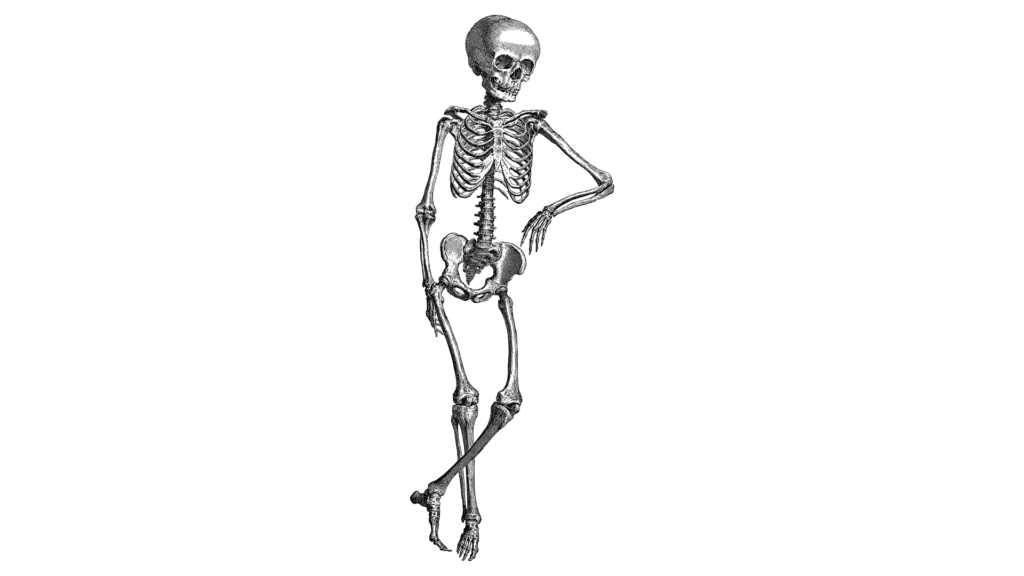8 Benefits of Regular Checkups at an Orthopaedic Clinic

If you’re reading this, you probably have some mysterious ache or pain that you’ve been ignoring for months.
You probably also know that you should see a doctor about it, but you keep telling yourself it’ll “just go away on its own.”
Why am I bringing this up? Because most of us only drag ourselves to a sunshine coast orthopaedic clinic when we’re literally unable to function – and by then, the problem is often much worse than it needed to be.
Your joints are sending you warning signs (and you’re not listening)
That clicking in your knee? That stiffness in your back first thing in the morning? That weird pain in your shoulder when you reach for something?
These aren’t normal signs of aging – they’re your body’s check engine lights, and you’re putting duct tape over them.
1. Small problems are becoming big problems (while you wait)
One of the biggest mistakes people make is waiting until they’re in serious pain before seeking help.
Here’s how orthopaedic issues typically progress:
- Minor discomfort you barely notice
- Occasional pain during specific movements
- Regular pain that affects some activities
- Severe pain that limits daily function
- Complete inability to perform certain movements
Regular checkups catch problems at stage 1 or 2, when they’re easier and cheaper to fix. Most people wait until stage 4 or 5, when treatment becomes more complex, expensive, and less effective.
2. You’re one bad move away from a major injury
Many serious injuries don’t just happen out of nowhere – they’re the final straw after months or years of building weakness, imbalance, or deterioration.
A regular orthopaedic checkup can identify:
- Muscle imbalances that strain joints
- Early signs of tendon degeneration
- Subtle alignment issues in your spine or limbs
- Movement patterns that put you at risk
Prevention is always easier than recovery. Always.
3. That pain you’re ignoring isn’t going to fix itself
Chronic pain isn’t just something to endure – it’s a sign that something’s wrong and needs attention.
Most people try to manage pain with:
- Over-the-counter painkillers (which mask symptoms while problems worsen)
- Random stretches from YouTube (which might make things worse)
- Simply avoiding movements that hurt (which leads to further weakness)
An orthopaedic specialist can identify the actual cause of your pain and create a plan to address it, not just mask it.
4. Your mobility is silently declining (and you’ve been adjusting)
Humans are remarkably adaptable creatures. We modify our movements so gradually that we often don’t notice how limited we’ve become.
You might not realize you’ve been:
- No longer turning your head fully while driving
- Using your arms to push yourself up from chairs
- Avoiding stairs whenever possible
- Taking smaller steps when walking
These adaptations happen so slowly that they feel normal – until a specialist points out how much function you’ve lost.
5. Cookie-cutter solutions aren’t working for your unique body
Your musculoskeletal system is as unique as your fingerprint. What works for someone else might not work for you.
Generic approaches like:
- Random exercises from fitness magazines
- Treatment advice from well-meaning friends
- One-size-fits-all stretching routines
- Self-diagnosis via WebMD
…often fail because they’re not tailored to your specific condition, body mechanics, or medical history.
A proper orthopaedic evaluation provides personalized treatment that addresses your unique needs.
6. Your recovery isn’t complete (even if you think it is)
If you’ve had surgery or treatment for an orthopaedic condition, follow-up care is essential – even after you start feeling better.
Many people:
- Stop physical therapy too soon
- Skip follow-up appointments once pain subsides
- Return to full activity before fully healed
- Neglect maintenance exercises that prevent recurrence
Regular checkups ensure your recovery is on track and complete, preventing reinjury and complications.
7. Your lifestyle is either helping or hurting (and you don’t know which)
Daily habits have a massive impact on your musculoskeletal health, but most people don’t know which ones matter most.
An orthopaedic specialist can provide guidance on:
- Which exercises help vs. harm your specific condition
- Ergonomic adjustments to your workspace
- Simple modifications to reduce joint strain
- Weight management strategies for joint health
These small changes can prevent years of unnecessary wear and tear on your body.
8. Your overall quality of life is suffering (more than you realize)
When your movement is limited or painful, it affects everything:
- Sleep quality
- Mood and mental health
- Social activities
- Independence
- Energy levels
Most people don’t connect these issues to their orthopaedic health, but the link is strong. Addressing bone, joint, and muscle problems often improves overall wellbeing in surprising ways.
The bottom line: Your future self will thank you (or curse you)
The choices you make about orthopaedic care today will determine how well you move 10, 20, or 30 years from now.
Regular checkups aren’t just about addressing current problems – they’re about preserving your ability to stay active and independent as you age.
The difference between:
- Hiking with your grandkids vs. watching from the sidelines
- Traveling the world vs. being limited by mobility issues
- Maintaining independence vs. needing assistance
…often comes down to how proactively you care for your musculoskeletal health now.
So yes, making that appointment might be inconvenient. But it’s a lot more convenient than living with preventable pain and limitations for the rest of your life.


